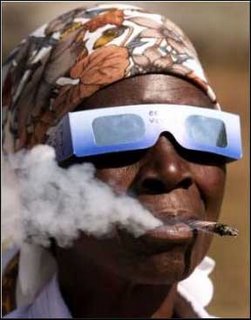
On The Congos and Friends, African Roots, and the Rhythm & Sound Remixes
On the Jamaica to Toronto compilation
When I was out in Portland, on a day touching 102 degrees, Mike McGonigal and I agreed that the only bearable music in such heat radiates from the isle of Jamaica: ska, rocksteady, dub, roots reggae. Now back in New York, I dust off the discs I have accrued for such dog days and spin them in the properly humid hell of Babylon, my face holding beads of sweat races. Somehow, my body heat is tempered, assuaged and cooled by discs like Barrington Levy’s criminally unreleased sessions with King Tubbys, Blackbeard's brain-melting dub sets like Strictly Dubwize and the absurd I Wah Dub, Junior Murvin's epochal Police & Thieves, the forthcoming Noel Ellis showcase that Light in the Attic is putting out, among innumerable others.
Funny how different the dub sounds when it does not emanate from the isle of Jamaica. Even as I argue about how dub music can suspend the spacetime continuum in the Stranger piece, you can immediately hear when the dub booms out from another locus. Sure, Wackies crumbling showcases make heads imagine what the Black Ark would sound like had it not burnt to a crisp, but that grit and soot, those cymbals like steam blasts, the percussion like steel wheels, those oily puddles of bass and snare could only come from a place as filthy as NYC. England's dubs, be it lovers rock or the whacked-out experimentation of On-U Sound's Adrian Sherwood and Dennis Bovell, are instantly identifiable with their Englishness, neatness, and crisp production techniques. No baking the tapes in the razor grass and cane or blowing marijuana across the oxide here, but maybe a splash of tea on it.
So the reggae of Toronto is particularly beguiling to hear now. It's hard to pinpoint, be it the unearthed scene that LITA is reissuing or else those saccharine strings that Studio One legend Jackie Mittoo glopped all over his joints (to reach out to Canuck heads like the MacKenzie Brothers), to understand what makes the sound so singular, but the dubs made by people like Oswald Creary and Jerry Brown are distinct. They got that gluey bass down, to where when Mittoo was doing a session up in London, he got on the horn to try and capture that bass sound that Brown could get at Summer Sound Studios. Yet the Canadian joints couldn't get airplay, to where, as Jerry Brown told me, they would write on the label "Made in Jamaica" so as to dupe the DJs into some spins. It certainly helped them break "Rockin' Universally." And yet the dubs are imbued with the quicker metabolism of northern big city life; biorhythms move quicker, something that the dub can't help but to catch in its stickiness.